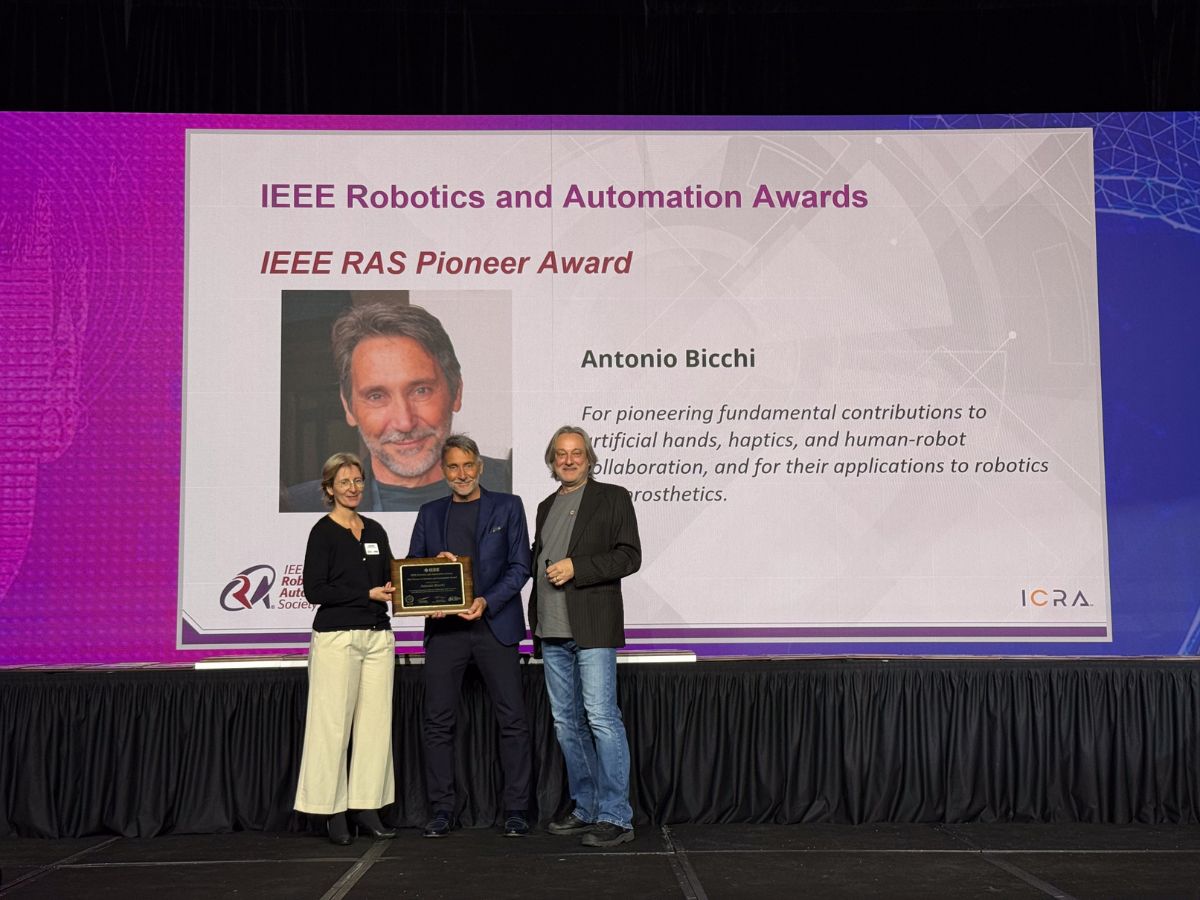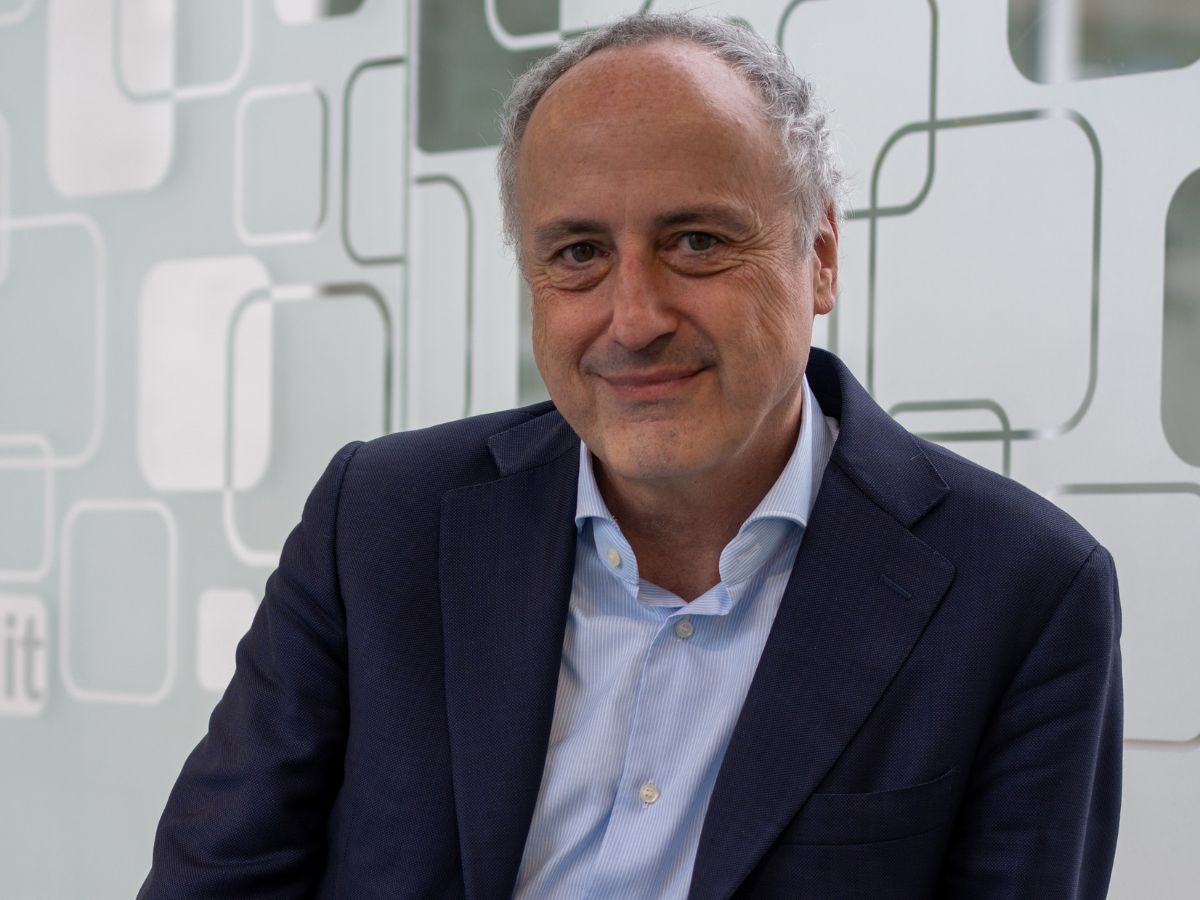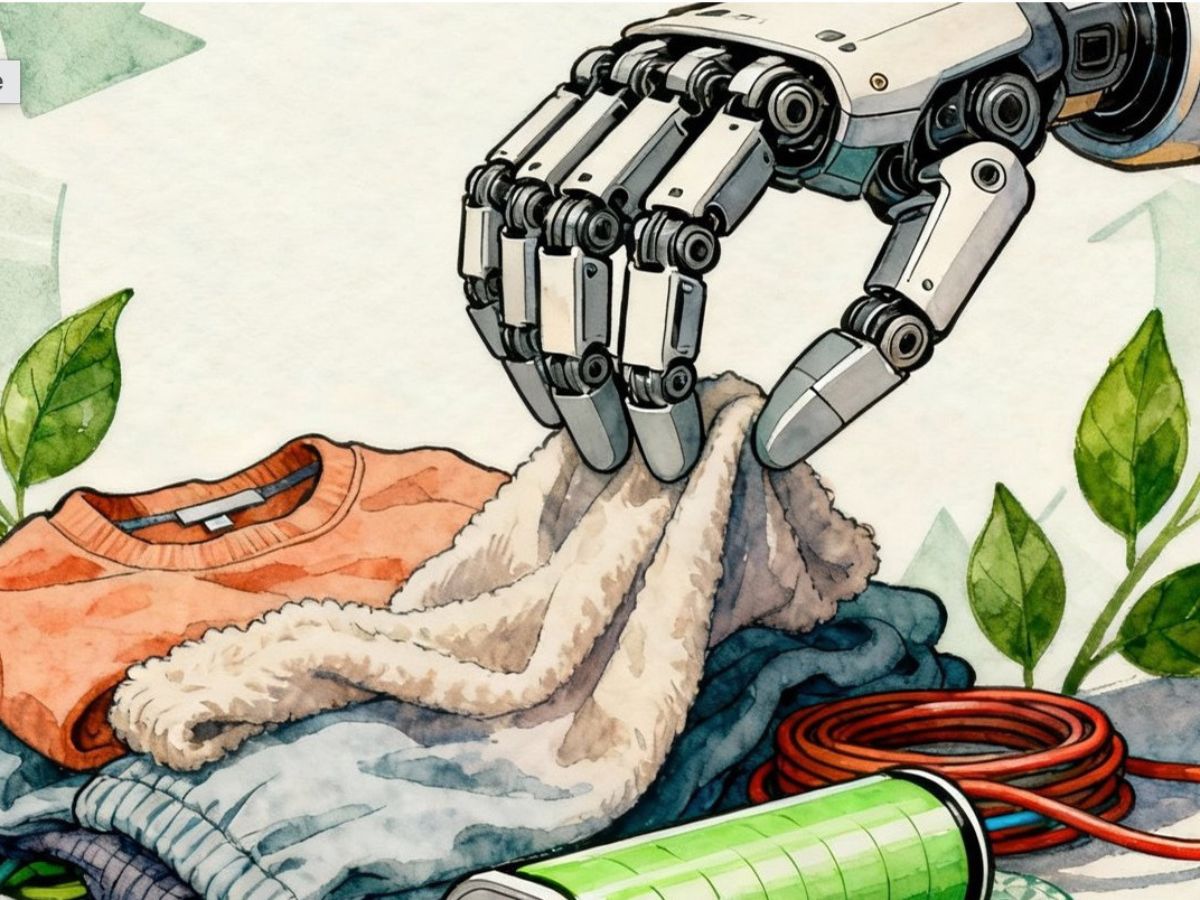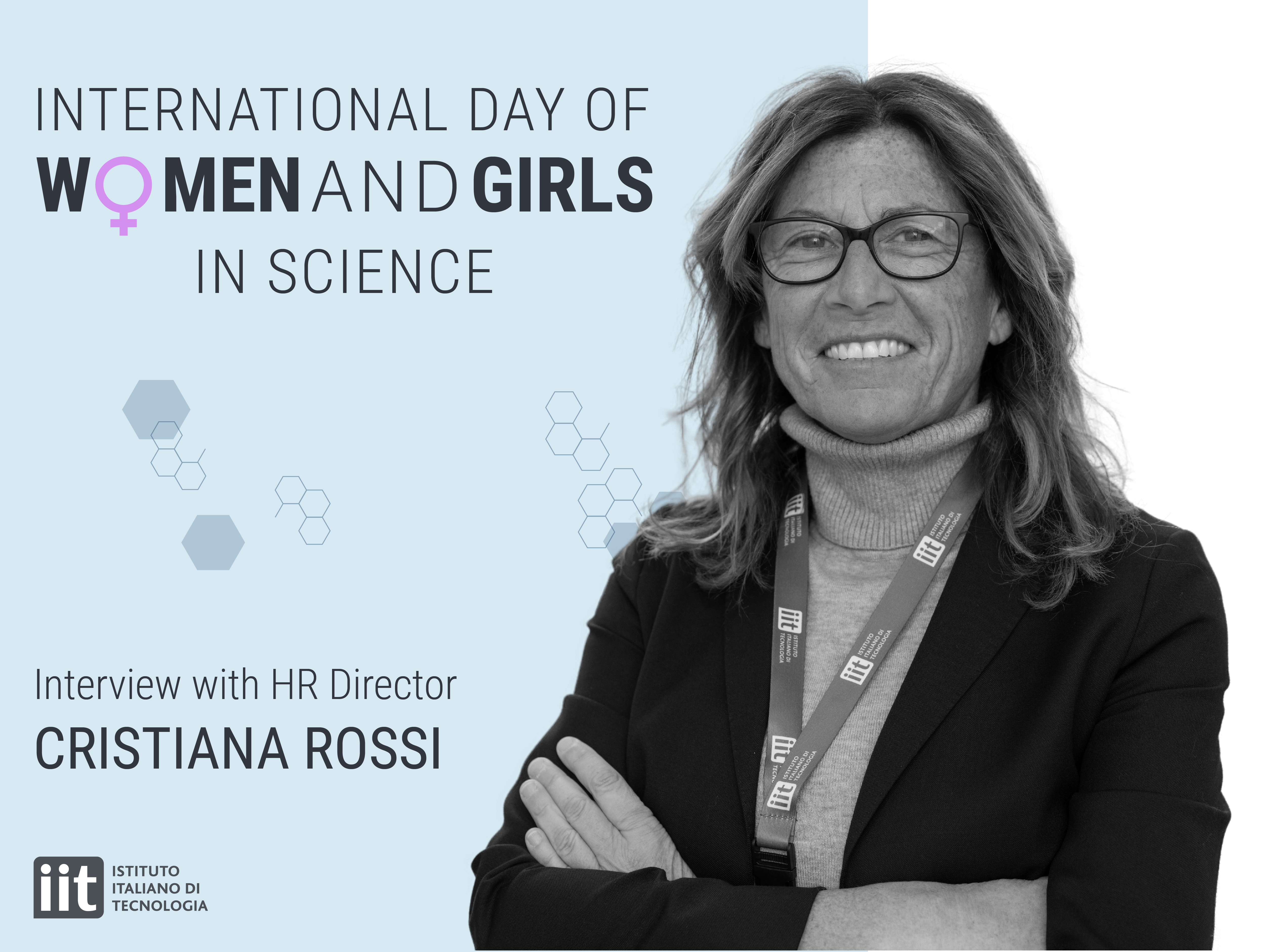Bicchi is Senior Researcher at Istituto italiano di Tecnologia and Professor at University of Pisa, in Italy. He is one of the two recipients of the prestigious award assigned on May 22nd by the IEEE Robotics and Automation Society during the 2025 International Conference on Robotics and Automation (ICRA) in Atlanta (USA)
Antonio Bicchi has been selected as one of the recipients of the 2025 Pioneer in Robotics and Automation Award from the IEEE Robotics and Automation Society (RAS), the leading robotics association worldwide, for his “pioneering fundamental contributions to artificial hands, haptics, and human-robot collaboration, and for their applications in robotics and prosthetics.” The award ceremony took place on May 22nd during the 2025 International Conference on Robotics and Automation (ICRA) in Atlanta, USA. Antonio Bicchi is a Senior Researcher at the Istituto Italiano di Tecnologia (IIT – Italian Institute of Technology) and a Professor at the University of Pisa in Italy.
Since 1999 the award has been assigned to recognize individuals who by virtue of initiating new areas of research, development or engineering, have had a significant impact on the development of the robotics and/or automation fields. The award is intended for people who are in the mid or late portions of their careers.
Antonio Bicchi is the third Italian researcher, among seven in total from Europe, to be awarded this acknowledgment to date, representing a clear sign of the advanced level of robotics research conducted in Italy and across Europe
“Receiving the recognition as a Pioneer from the world robotics society is, of course, a great honor. In a field where tens of thousands of researchers are now contributing with increasing enthusiasm, being among the few who have received this award—and one of the very few in Europe—means many things. Perhaps the most important is that, while many individuals have abilities equal to or even greater than mine, few have had the privilege of working with people of the quality and passion of those I’ve had as students and collaborators; of having mentors who showed me the way but never restricted my freedom, even the freedom to make mistakes; and of working in institutions like IIT and the University of Pisa, which prioritize research and actively support and value their researchers.” commented Bicchi.
Antonio Bicchi is a Senior Researcher at the Italian Institute of Technology in Genoa (Italy), where he coordinates the Soft Robotics for Human Cooperation and Rehabilitation Research Unit, and a Professor of Robotics at the University of Pisa, conducting his research activities at the Centro di Ricerca Enrico Piaggio. His scientific inquiries focus on the fundamental, theoretical, and experimental aspects of robotics, aimed at developing impactful new technologies. Bicchi and his team have made groundbreaking advances in the design of robotic hands. They have introduced innovative concepts leading to the creation of robotic limbs that match the complexity and capabilities of the human hand while remaining easy for users to control. More recently, he has focused on the development of “natural” prosthetic limbs.
During his career, Antonio Bicchi has been awarded several research grants from the prestigious European Research Council, including a Synergy Grant in 2018 for the Natural BionicS project, focused on developing prosthetic limbs with “natural” characteristics that integrate with the central nervous system. In 2012, Bicchi’s Advanced Grant marked the first of its kind awarded to Italian robotics research, resulting in the original design of the SoftHand. The invention has been used in humanoid robots and hand prostheses in collaboration with clinicians in Italy and the United States. A version of the SoftHand for industrial applications has been commercialized by the innovative SME qbrobotics, founded as an IIT start-up in 2021. In addition, he received four Proof-of-Concept grants, the most recent in 2025 for the project VSoftPro, aiming, in collaboration with qbrobotics, at developing a transhumeral prosthesis for upper limbs capable of replicating the features of a human limb, following the biological principles of soft robotics. He was also Director of the Research Center E. Piaggio in Pisa for a long time (2003–2012).






